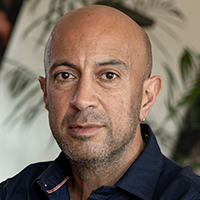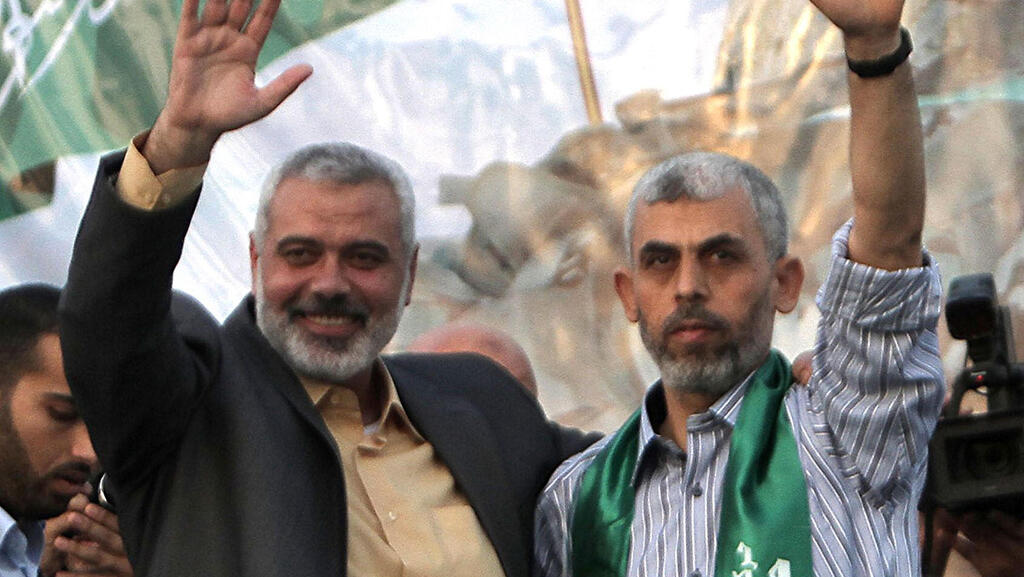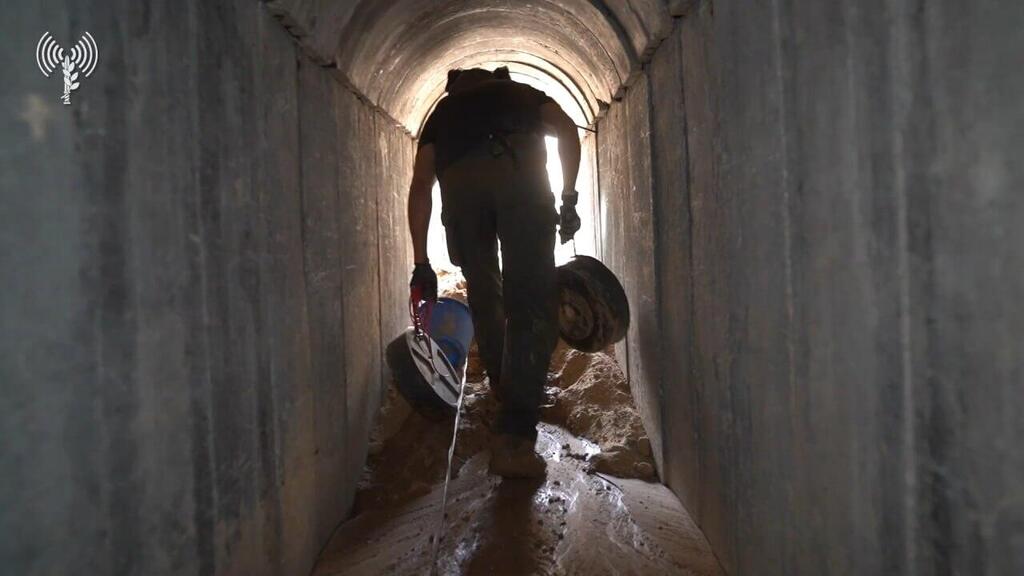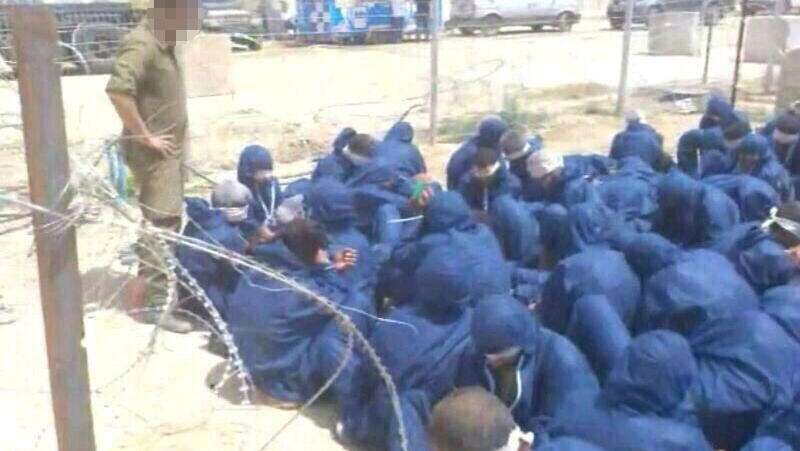Getting your Trinity Audio player ready...
After Ismail Haniyeh's agreement to consider a proposal for a prisoner exchange, the unequivical demand for the withdrawal of Israeli forces from the Gaza Strip and a complete cessation of hostilities, is not the final word from the terror organization in the ongoing negotiations.
Read more:
There are already emerging internal divisions within the leadership of Hamas, creating almost visible cracks that are expected to widen in the coming weeks if the terror group maintains its resistance to a deal. According to Arab intelligence sources, the stance of Hamas in Gaza differs from that of the movement's leadership abroad. Surprisingly, the Gaza leadership is willing to engage in such a deal even without international guarantees for a complete ceasefire and without Israeli withdrawal.
According to Yahya Sinwar and others, A month-and-a-half-long ceasefire is expected to extend to additional weeks and months, making it unnecessary to insist on an immediate Israeli withdrawal and international guarantees against a renewal of hostilities.
However, senior Hamas figures abroad, many of whom reside in luxurious villas and hotels, argue for a firm insistence on a complete cessation of hostilities, an Israeli withdrawal, and international guarantees for the survival of Hamas rule. Their concerns may stem from an understanding of the political reality in Israel, where the future of a Netanyahu-led government is contingent on the continuation of the war, with a group of right-wing politicians interpreting any cessation of hostilities as a weakness.
These differing opinions are expected to deepen with several developments. Firstly, Hamas currently finds itself isolated. The recent meeting in Paris, where the head of the CIA convened representatives from Qatar, Egypt, Israel, the United States, and France to agree on a unified proposal, is intended to push Hamas into a corner.
This is not just an Israeli-American stance but a proposal backed by the two most influential players in the Arab world and globally concerning Hamas: Qatar, which funds the terror group and provides support to Gaza (potentially aiding in its reconstruction), and Egypt, facilitating the entry of humanitarian aid from its territory. Without these two, Hamas in Gaza may not survive. So, as the pressure from Qatar and Egypt on the top of the organization intensifies, we would likely witness a further compromise from Hamas.
Secondly, the military pressure seems to be having its impact, causing the Sinwar faction to reconsider its steps. The ongoing military push in Khan Younis is physically shaking the stronghold of the Sinwar brothers, including Mohammad Deif and others. Hamas forces in the city and in their refugee camp, which used to symbolize Hamas's resilience and the birthplace of its military wing, are currently facing challenges as the IDF operations unfold, while Sinwar and his associates hiding in tunnels can do very little.
Meanwhile, hundreds of thousands of residents are fleeing from Khan Younis to the south and west, thousands of Hamas terrorists are estimated to have been killed according to Israel, and more and more tunnels are being exposed as the IDF records tactical achievements in underground combat. This effort will continue in the coming weeks and is expected to create even greater pressure on senior Hamas figures to agree to a deal mediated by the Qataris and Egyptians.
And a word about Sinwar. He, too, understands that even though he hides well in tunnels, ultimately some Palestinian informant might provide real-time information about his location. It's not certain that he is willing to meet that end. His name has already entered the pages of Palestinian history, but at this stage, it seems he wants to survive the war and become the leader of his people.
Sinwar won't rush to fight against IDF soldiers or sacrifice himself in the war. It appears that the holy martyrs and the 72 virgins are left for others. He might somewhat resemble three senior members of Hamas' military wing from the days of the Second Intifada.
Ibrahim Hamed, who was the head of the military wing in Gaza and the number one wanted man in the territories for six years; Abbas al-Sayed, who planned and carried out deadly suicide attacks, including the Park Hotel bombing in Netanya in Passover 2002; and Husam Badran, who was a leader of the military wing in Gaza. When faced with the reality of IDF forces closing in on the houses where they hid, they all surrendered without much resistance (almost without a fight in Badran's case). Hamed, the man who terrorized the State of Israel, even came out wearing only underwear without firing a single bullet.
Hamed and al-Sayed are currently in Israeli prisons, waiting for a deal that will lead to their release. Sinwar well remembers that upon his release, he committed to freeing them as well. It is a defining moment for him and them, and Hamas's insistence on not reaching a deal could not only leave them in prison but also, in the future, when a deal is eventually made, he won't be there to celebrate their release with them.





